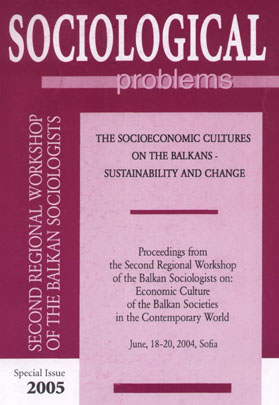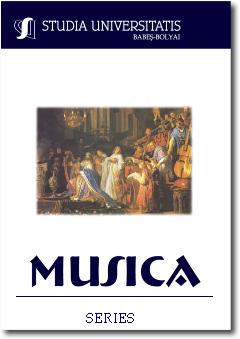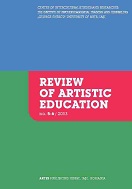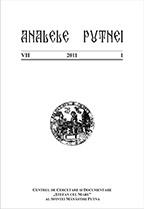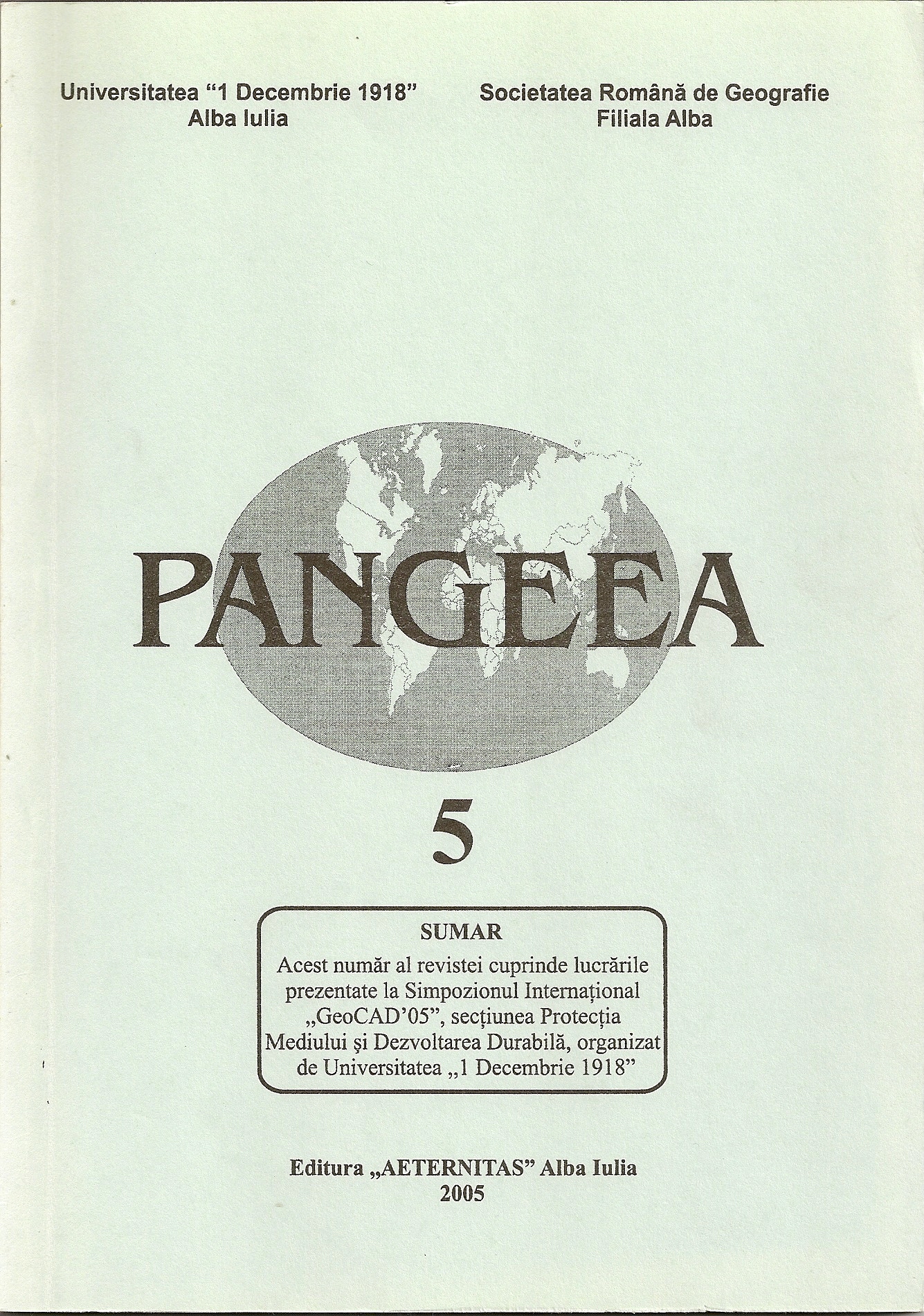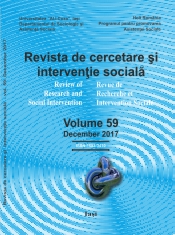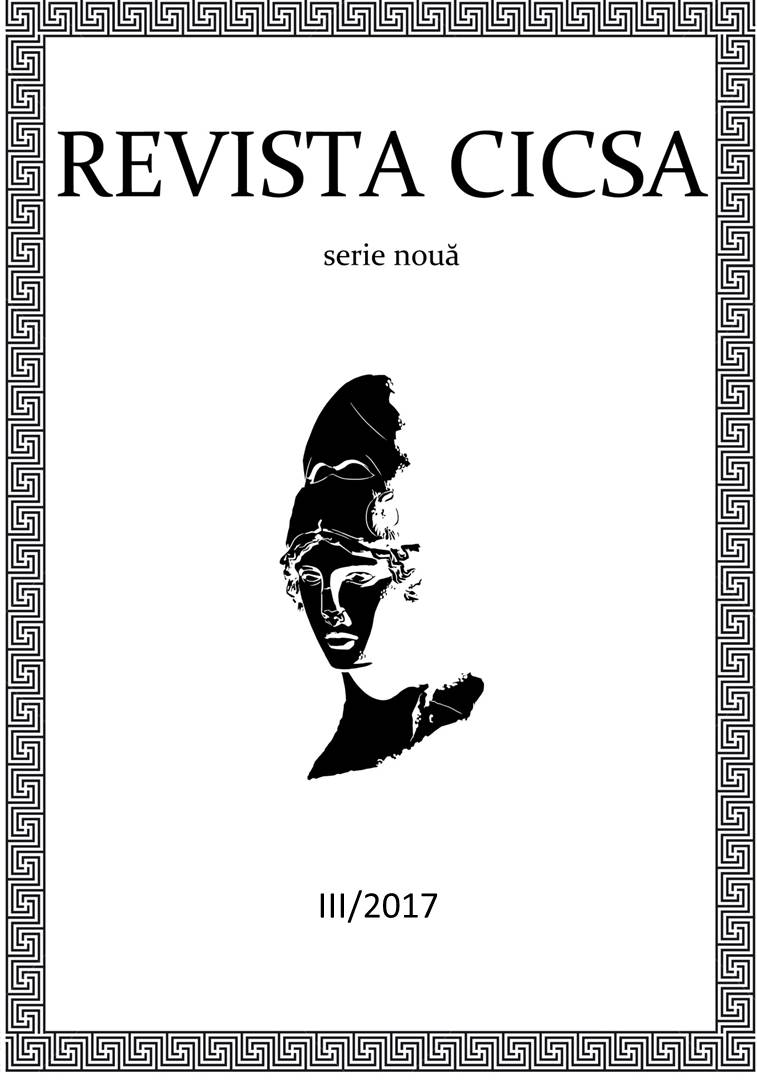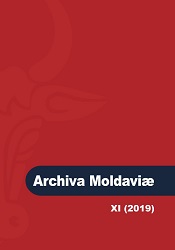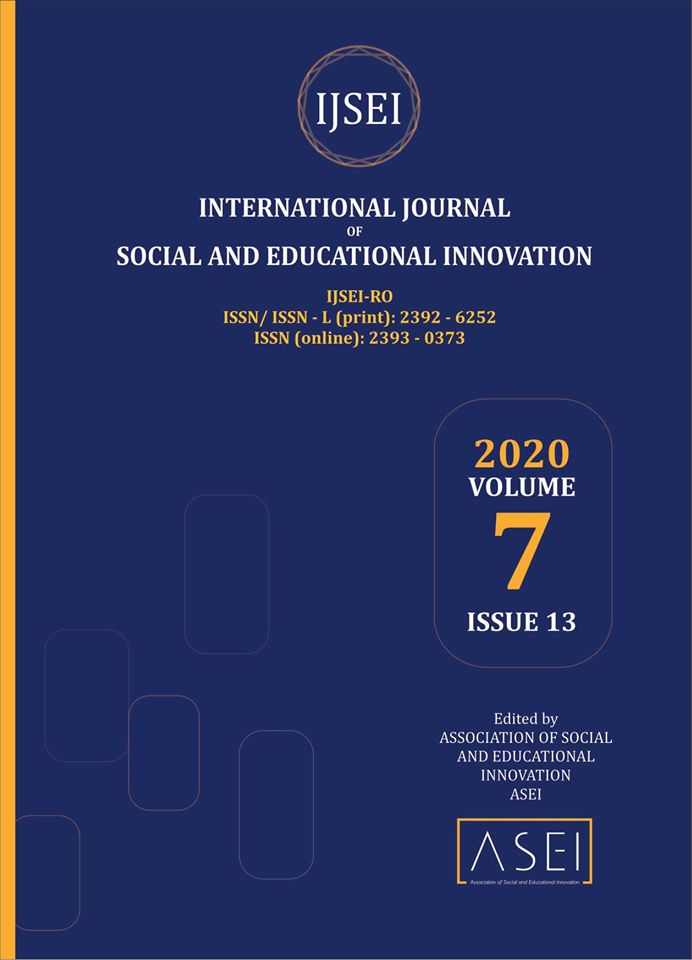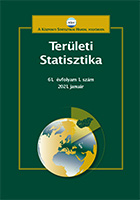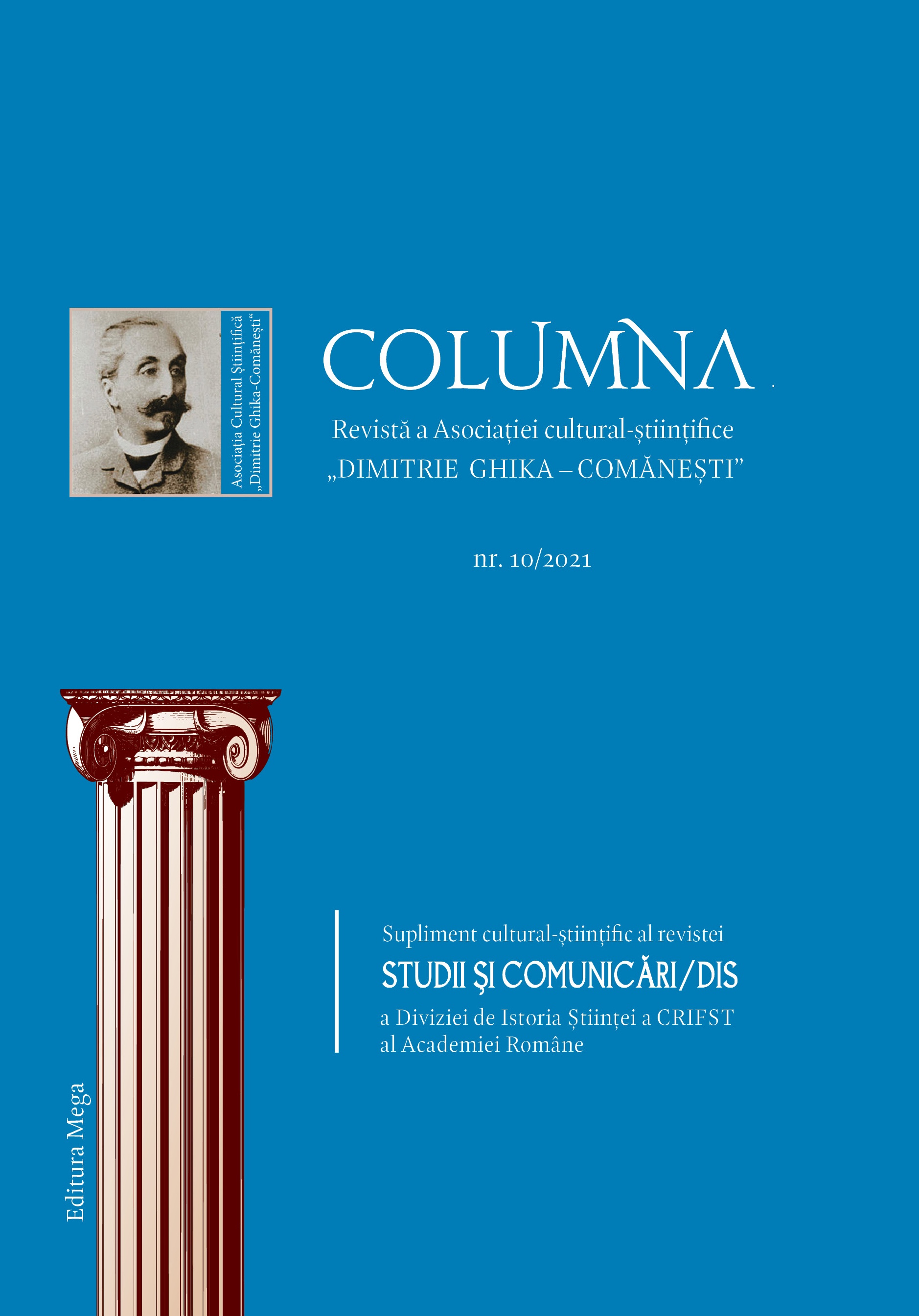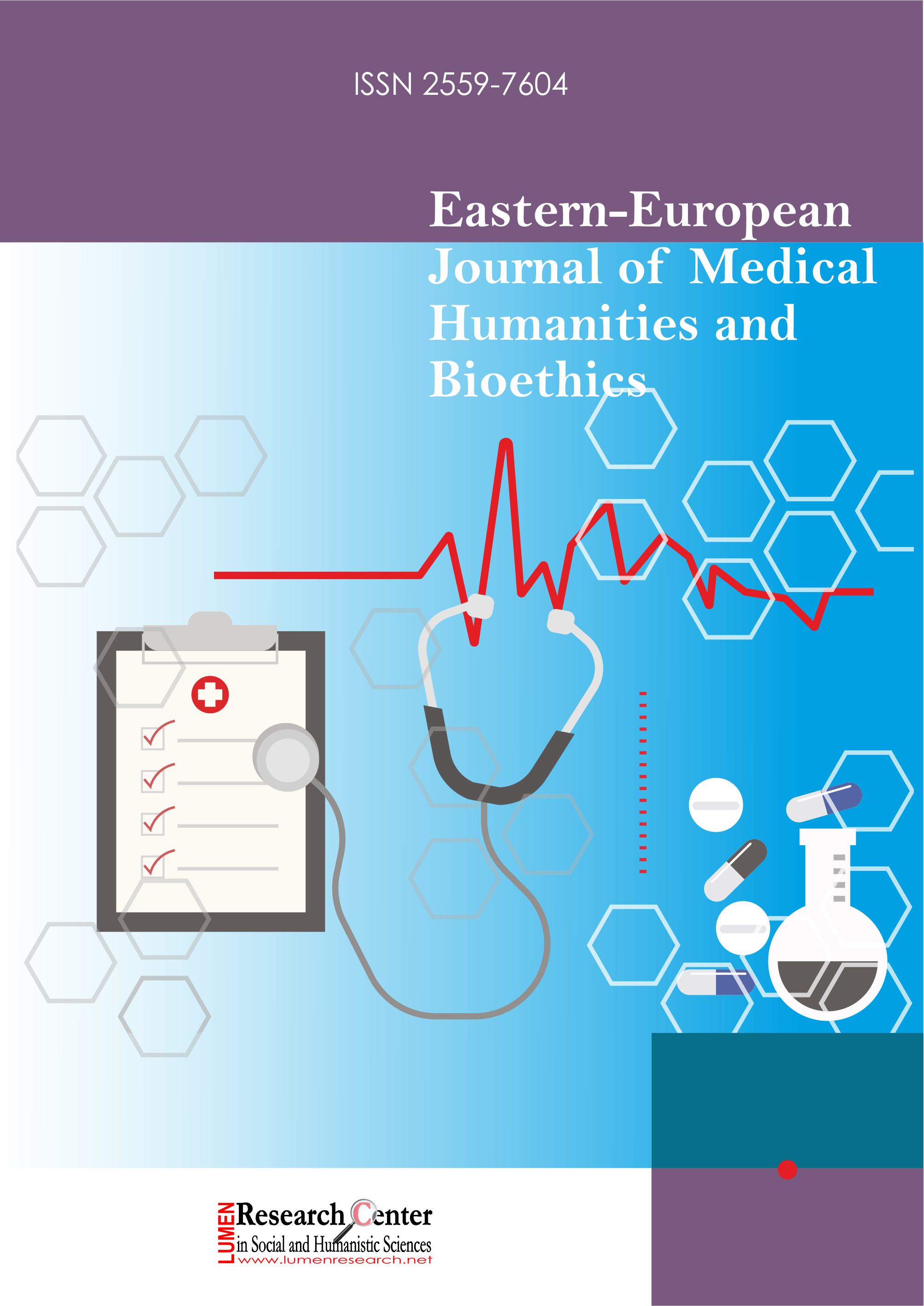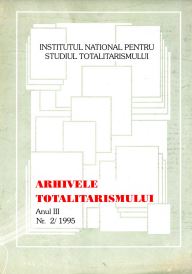Valuing the Aesthetic Elements of Education in Training for the Teaching Career
Valuing the Aesthetic Elements of Education in Training for the Teaching Career
Keywords: art of education; education’s aesthetic; aesthetic states; training of trainers
The art of education should be understood as an action for recovery of beauty in all types of formative approaches, creating, thus, influential matching fields that experience spiritual ascension and fulfilling experiencing being. Awareness of the aesthetic elements of the educational act by the trainers is a central point in supporting the achievement of a quality education. The paper aims to identify themes and ways of valuing education’s aesthetic in teachers’ training, in order to empower them with the tools necessary to a nuanced action and fulfilled by the meanings and significances of the feelings harmonized by the supremacy of the aesthetic state.
More...
